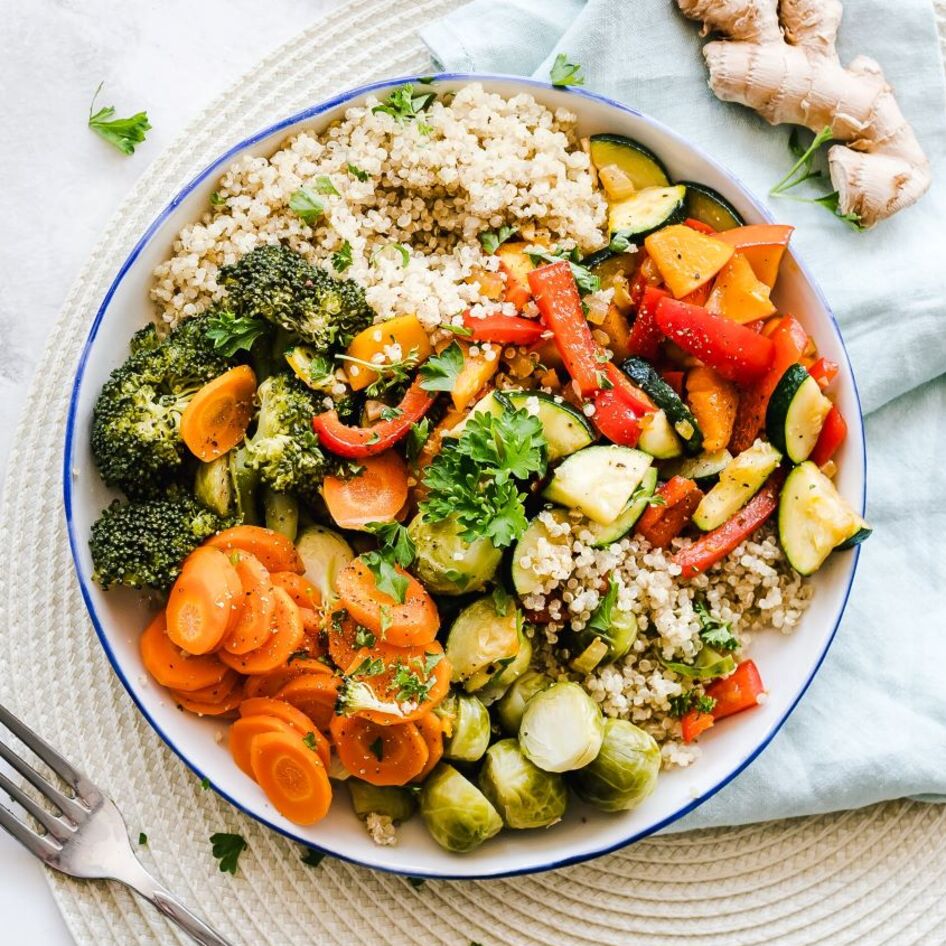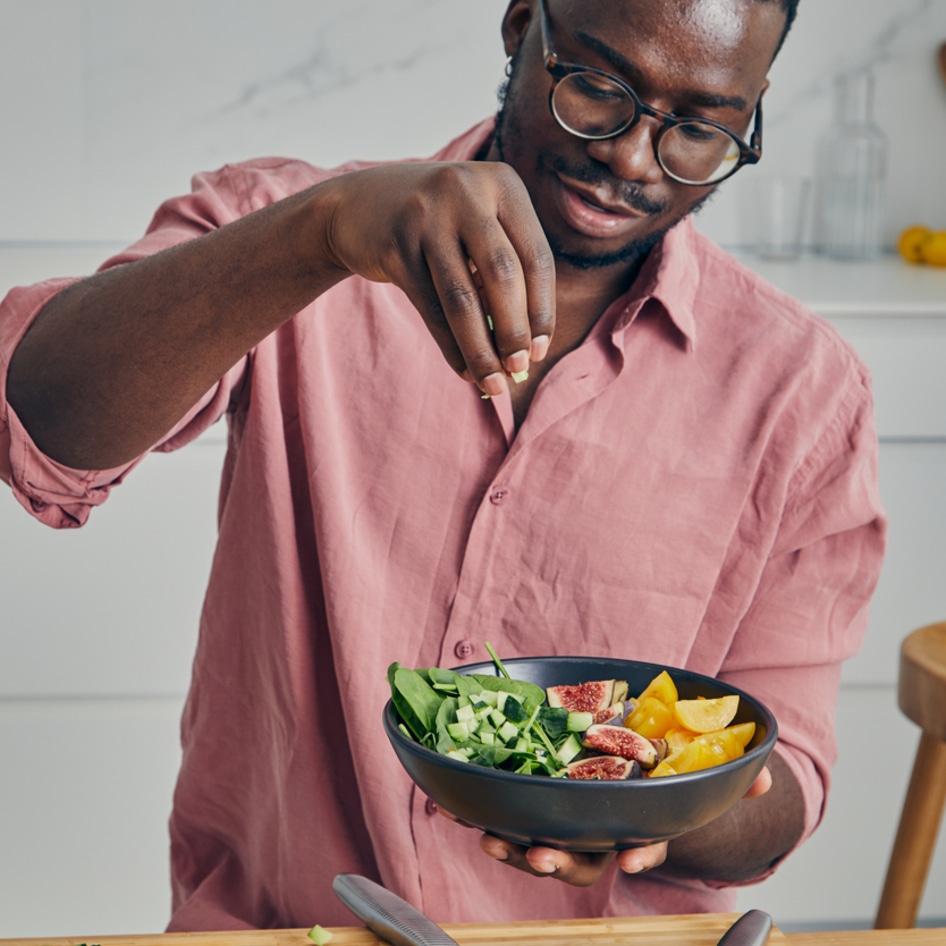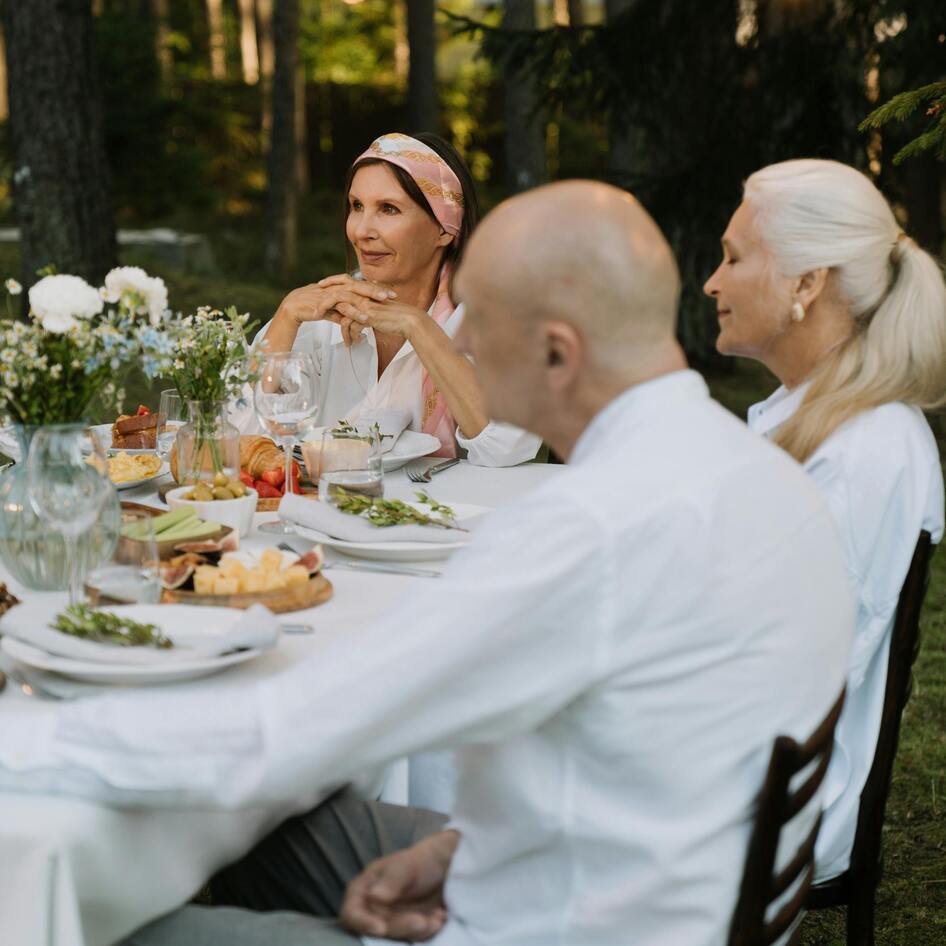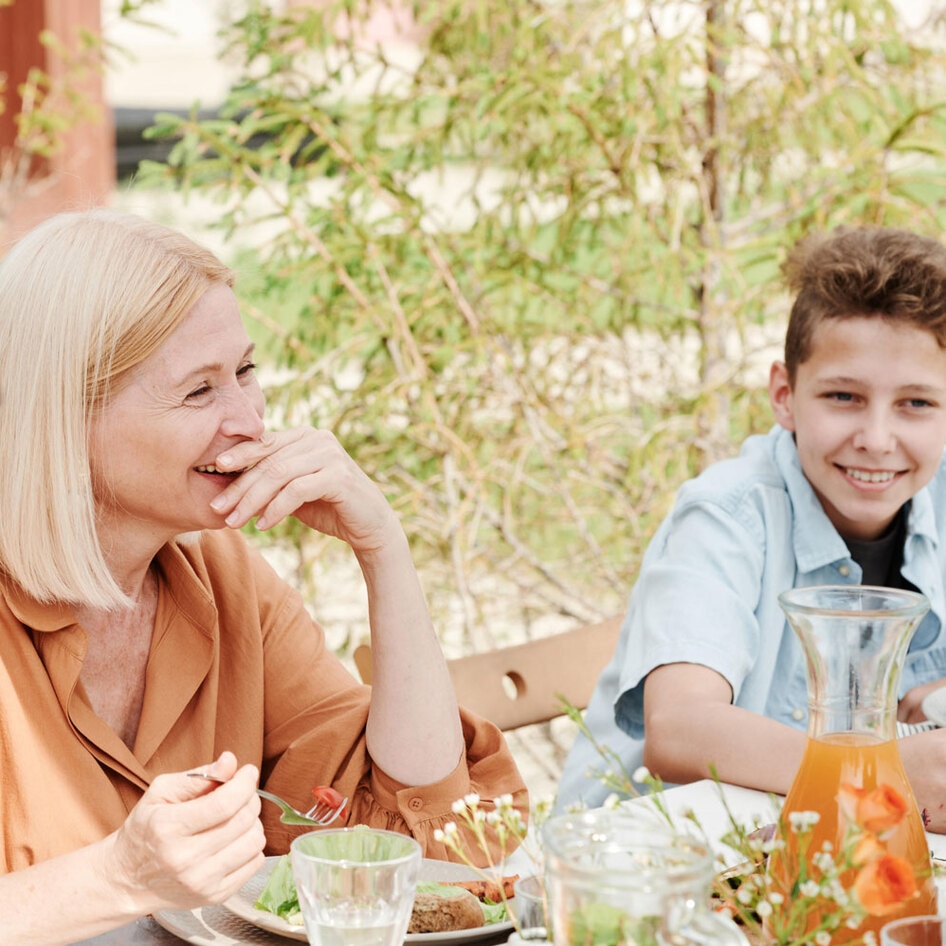There are five official Blue Zones in the world where people live longer, healthier lives than the rest of the world. They are Loma Linda, California; Ikaria, Greece; Sardinia, Italy; Okinawa, Japan; and Nicoya, Costa Rica. In recent years, however, a new longevity hotspot has started to emerge, but it’s a little different from the others. Singapore is becoming an “engineered” Blue Zone, or a Blue Zone 2.0.
Do people in Singapore live longer?
Back in the 1960s, experts predicted that people in Singapore could expect to live around 65 years. This was around five years shorter than in the US at the same time, where the average life expectancy was just short of 70 years old.
However, things have changed significantly since then. In the US, life expectancy has climbed to around 76 years old, but in Singapore, people can now expect to live to see their 84th birthday, research suggests. And even better, they can expect to live out the later years of their life in good health, too.
“Unlike the other blue zones, Singapore was no isolated region where a traditional culture evolved a lifestyle of longevity over a period of centuries,” writes Dan Buettner—the explorer and author who has researched the Blue Zones for two decades—in his book The Blue Zones Secrets for Living Longer: Lessons From the Healthiest Places on Earth.
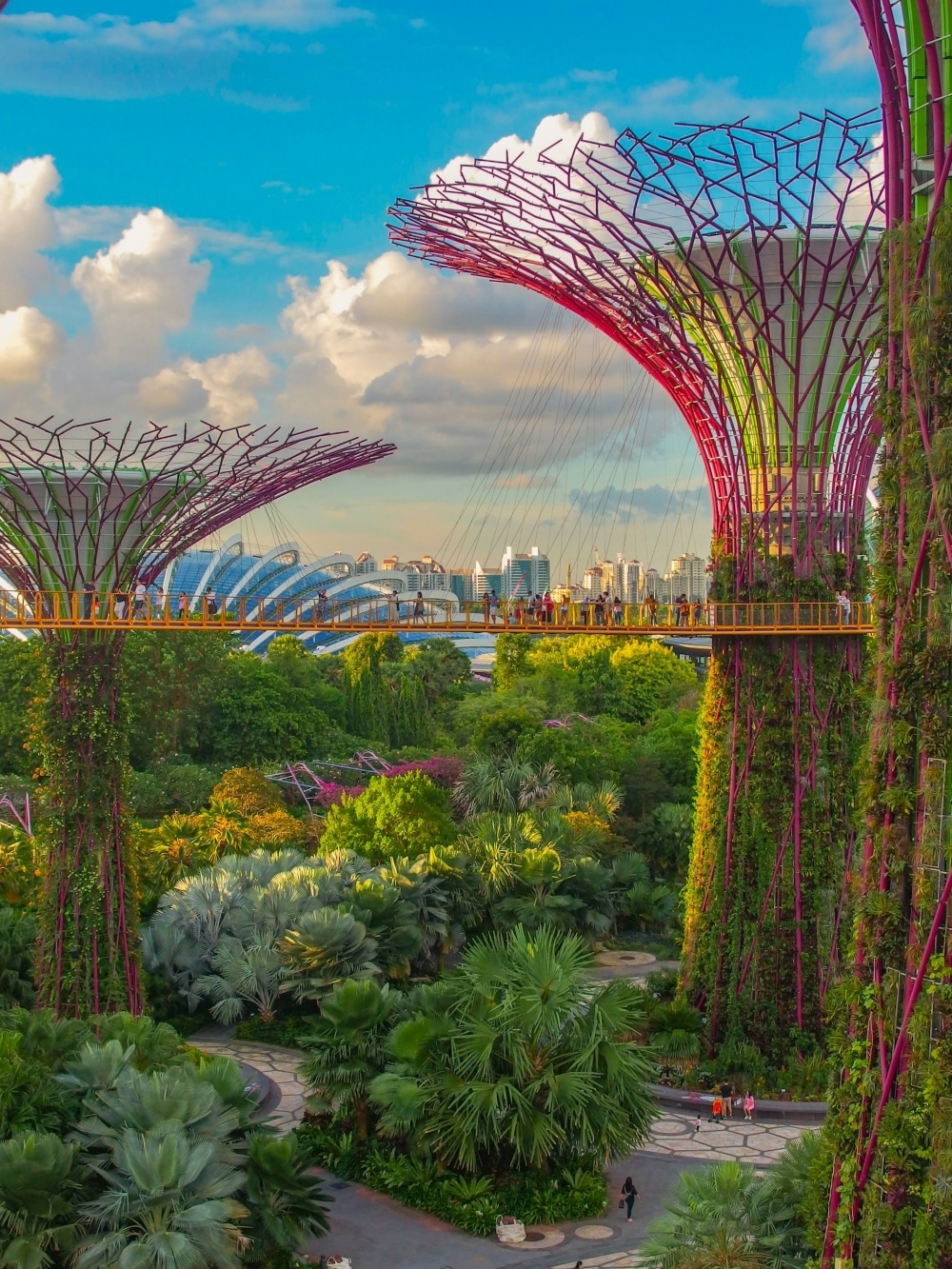 Unsplash
Unsplash
“Instead, it was a busy crossroads of commerce and cultures whose leaders from the start set out to create an environment of health and well-being,” he continues. “In fact, you might even call it a Blue Zones 2.0—the next frontier of aging.”
Buettner attributes several factors to the increase in life expectancy in Singapore. The country has one of the best healthcare systems in the world, for starters, and it also has a good system of walkability and bikeability. People are less likely to get from A to B via car because it’s easier to walk or cycle. “That’s not just a coincidence, that is very good planning,” Buettner told CNBC. “As a result, you drive people out from behind the steering wheel, onto their feet.”
Singaporeans also tend to prioritize and take care of their loved ones, and they have a sense of faith and belonging, too. These are lifestyle factors seen across all of the Blue Zones, with no exceptions. But another big reason why people in Singapore live so long is diet.
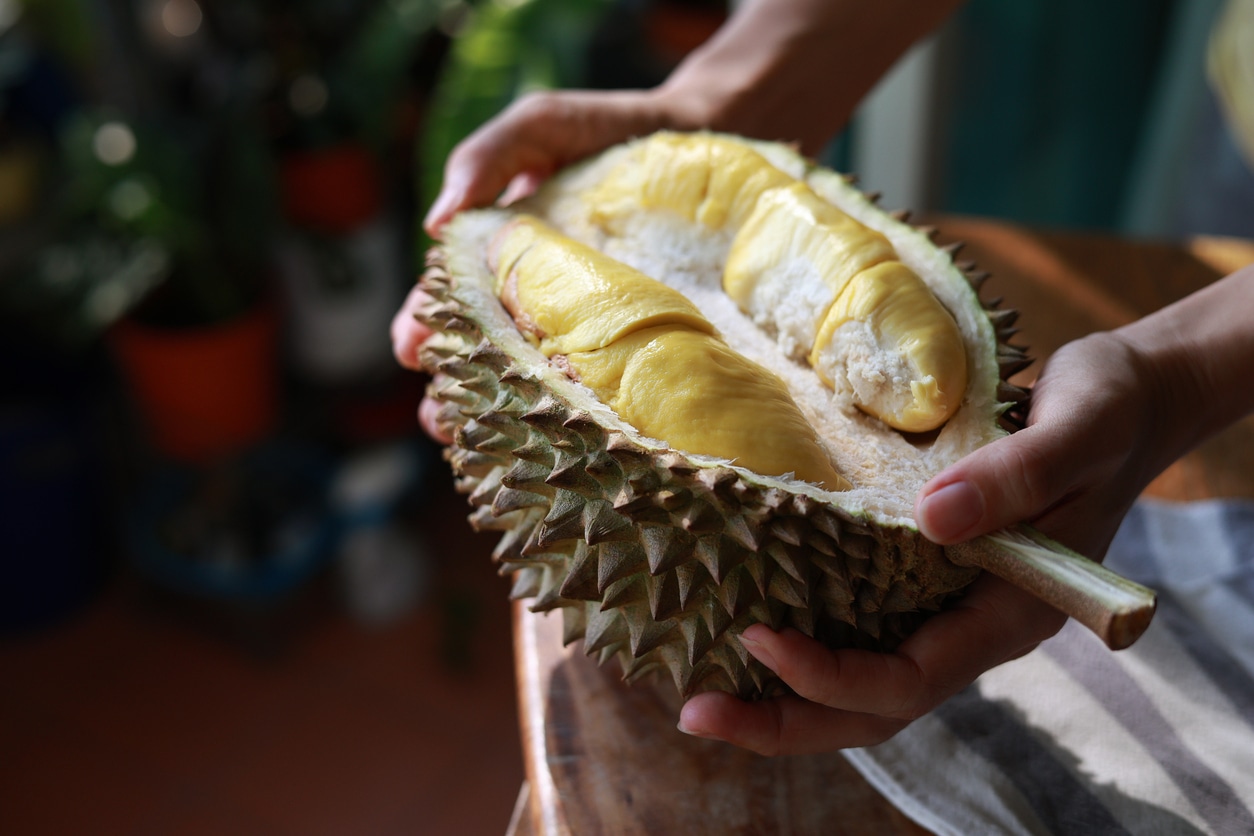 Getty
Getty
What do people eat in Singapore?
In the US, the Standard American Diet is high in ultra-processed foods. In fact, research suggests that approximately 60 percent of the diet is made up of processed foods. But in Singapore, the country has made a concerted effort to make healthier options “more accessible,” says Buettner.
This has led to Singaporeans upping their consumption of whole grains and fresh fruit significantly in the last few years. Both are rich in nutrients like fiber, which is essential for maintaining gut and digestive health and in turn, reduces the risk of chronic disease.
“Fiber is important for keeping us regular as most of us know, but it’s also the foundation for a healthy gut. A healthy gut leads to less acute and chronic inflammation, both in the gut and throughout the body.” — Nichole Dandrea-Russert, MS, RDN, and author of The Fiber Effect
Fruits are also packed with antioxidants. Take durian, for example, which is the country’s national fruit and also one of the world’s most nutritious. More research is needed into its health benefits, but early research has suggested that consuming durian frequently may help to stop breast cancer from spreading and reduce the risk of heart disease.
Meat consumption is also comparatively lower in Singapore, which might also be linked to healthier aging, too. In fact, according to Statista, in 2020, the population of Singapore consumed around four kilograms of beef per person. In contrast, research suggests that in the US, the average American consumes around 57 pounds of beef every year.
Across the Blue Zones, minimal meat consumption is common. Instead, people eat predominantly plant-based, whole foods. “I didn’t start the Blue Zones diet project as a plant-based eater, but I am one now,” Buettner once told Insider. “When you marinate in these cultures of longevity, you come away convinced that the way to feel better and look younger every year is eating plant-based whole foods.”
For more plant-based stories like this, read:
JUMP TO ... Latest News | Recipes | Guides | Health | Shop
Here at VegNews, we live and breathe the plant-based lifestyle, and only recommend products we feel make our lives amazing. Occasionally, articles may include shopping links where we might earn a small commission, but in no way does this effect the editorial integrity of VegNews.



